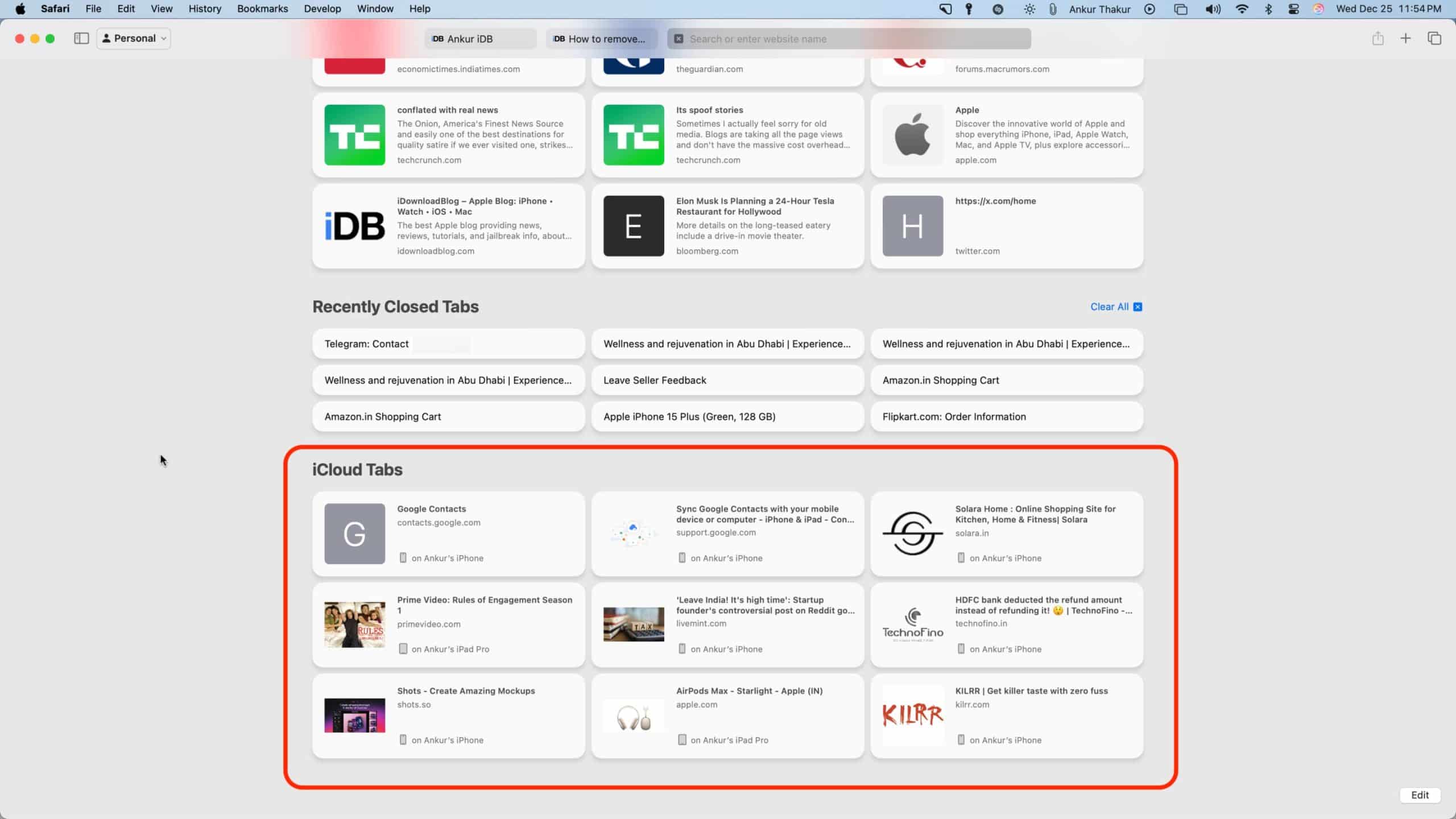The UK’s Competition and Markets Authority (CMA) has raised concerns that Apple’s control over Safari and WebKit—the underlying engine for all browsers on iOS—prevents competition from flourishing.
Key points from the CMA’s claims:
✔ Apple forces all third-party browsers on iOS to use WebKit, limiting innovation.
✔ This restriction allegedly prevents developers from offering alternative browsing engines, impacting speed and features.
✔ Apple’s control over iOS browsing affects competition, as rivals like Google Chrome and Firefox cannot use their proprietary engines.
The CMA suggests that Apple’s dominance in mobile browsing hinders consumer choice and may lead to regulatory action requiring the company to allow alternative browser engines on iOS.

Apple’s Response: Prioritizing Privacy and Security
Apple has forcefully rejected the CMA’s findings, arguing that its approach to mobile browsing is designed to protect user privacy, security, and performance.
Here’s Apple’s defense:
✔ WebKit ensures a consistent and secure browsing experience, reducing risks from malicious websites.
✔ Third-party browsers can still innovate, as they can customize features and interfaces while maintaining WebKit’s security.
✔ Apple’s control helps prevent malware and data tracking, which could increase if alternative browser engines were allowed.
Apple claims that regulatory intervention could expose iPhone users to greater security risks, making them more vulnerable to hacks, phishing attacks, and unverified web technologies.
Why Does Apple Mandate WebKit for iOS Browsers?
Apple’s insistence on WebKit as the foundation for iOS browsers is driven by several factors:
1. Security First Approach
WebKit’s sandboxing technology isolates web content, reducing the risk of malware and cyberattacks. This is particularly crucial for users who rely on iPhones for banking, business, and secure communications.
2. Performance Optimization
By enforcing WebKit across all browsers, Apple ensures that mobile browsing remains consistent, power-efficient, and fast. Allowing multiple browser engines could lead to:
- Inconsistent performance across apps.
- Increased battery drain from unoptimized engines.
- Potential crashes due to compatibility issues.
3. Privacy Protection
WebKit includes Apple’s Intelligent Tracking Prevention (ITP), which helps block cross-site tracking and third-party cookies. Apple argues that alternative browser engines might weaken user privacy protections, exposing consumers to aggressive ad tracking.
How Could This Impact iPhone Users?
If the CMA enforces changes that force Apple to allow alternative browser engines, iPhone users could experience:
✔ More browser choices – Google Chrome and Firefox could bring their native engines to iOS, potentially introducing new features and performance enhancements.
✔ Increased security risks – Without WebKit’s security standards, malicious web exploits could become more common.
✔ Potential impact on battery life – Different browser engines may drain battery faster, depending on their efficiency.
Apple warns that such changes could compromise the security and privacy that iPhone users have come to rely on.
The Developer Perspective: A Step Toward More Flexibility?
While Apple sees WebKit enforcement as a security measure, many developers see it as a limitation that stifles browser innovation.
1. Greater Innovation for Browsers
Developers argue that Apple’s WebKit requirement forces all iOS browsers to behave similarly, limiting competition and making it difficult to introduce unique browsing experiences.
If Apple were forced to allow third-party browser engines, it could:
✔ Enable more advanced browser features, such as faster rendering, better extensions, and improved developer tools.
✔ Allow direct competition with Safari, pushing Apple to improve Safari’s capabilities.
2. More Powerful Progressive Web Apps (PWAs)
Currently, Apple restricts Progressive Web Apps (PWAs) from using non-WebKit technologies, limiting their capabilities and performance.
If the UK’s ruling forces Apple to allow alternative engines, PWAs could become more powerful, offering users an experience closer to native apps.
What’s Next? Will Apple Be Forced to Change Its Policies?
The UK government is reviewing Apple’s stance, and it remains unclear whether regulatory action will be taken.
Possible outcomes include:
✔ Apple maintaining its WebKit requirement, with regulators accepting its security and privacy arguments.
✔ A compromise, where Apple loosens restrictions but retains some level of control over mobile browsing security.
✔ Full regulatory enforcement, requiring Apple to allow alternative browser engines, fundamentally changing iOS browsing.
Apple will likely fight hard to maintain control over WebKit, but increasing antitrust pressure from global regulators could force changes in the long run.
What This Means for Apple Mobile Browsing
The debate over Apple mobile browsing highlights the delicate balance between security, competition, and user experience.
✔ Apple insists that WebKit ensures privacy and security, preventing malware and data tracking.
✔ The UK argues that Apple’s policies limit competition, restricting browser innovation and user choice.
✔ Developers hope that regulatory intervention will lead to greater browser flexibility and more powerful web apps.
For now, iPhone users continue to rely on Safari and WebKit-based browsers, but regulatory changes could reshape the mobile browsing landscape in the near future.
It remains to be seen whether Apple’s defense will hold or if regulators will push for greater openness in the world of iOS browsing.








